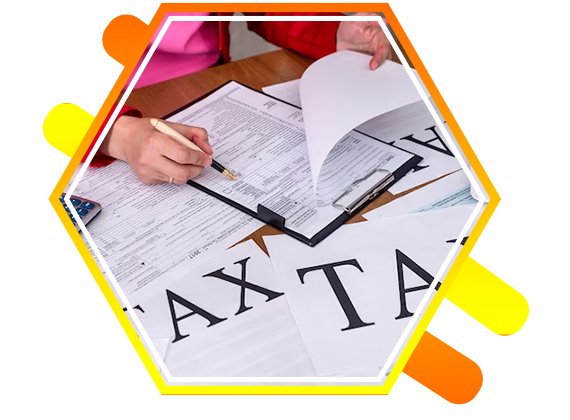The taxable personal income are the following:
- Salaries, wages, tips, and taxable employee compensation
- Disability retirement benefits
- Inion stroke benefits
- Net earnings received as self-employment as farm owners, business owners, statutory employees, or ministers
By understanding the way benefits function with personal tax can help employers select the best options so that employers can balance the retirement savings, personal finances, and medical expenses.
Personal taxation rates differ from nation to nation as there are different government systems and laws. Though most of the nations have a progressive income tax, it means people who earn more pay higher tax rates than lower-income groups.
The Common Principles of Personal Tax
The taxation rules differ greatly, however, there are a few basic principles for the income taxation systems. The taxation systems in China, Canada, Singapore, Germany, United States, and the United Kingdom have the same principles. There are tax systems in India that may be different.
Taxes and Taxpayers
The tax rates of individuals are different from those of corporations. The taxation systems in nations apart from the USA consider an entity as corporations when it is organized legally like a corporation. Trusts and estates have special tax provisions.
There are separate taxes for every taxpayer that meets the minimum criteria. Some systems enable married couples for joint assessment. Some systems enable controlled groups to be assessed jointly. The taxation rates differ greatly. The system imposes greater income rates on higher income.
Residents and Non-Residents
The taxation rates differ between residents and non-residents. There are a few jurisdictions that tax non-residents on income earned in the jurisdiction. Residents are levied income tax on their worldwide income. Some countries such as Hong Kong and Singapore tax their residents on income earned or remitted. There might be cases wherein taxpayers pay taxes in a country he is a resident of and also in another country he is not a resident.
It shall create Double Taxation that needs assessment of avoidance of Double Taxation entered into by countries wherein taxpayers are assessed as both resident and non-resident for one transaction.





 3 Bellbridge Dr, Hoppers Crossing, Melbourne VIC 3029
3 Bellbridge Dr, Hoppers Crossing, Melbourne VIC 3029

